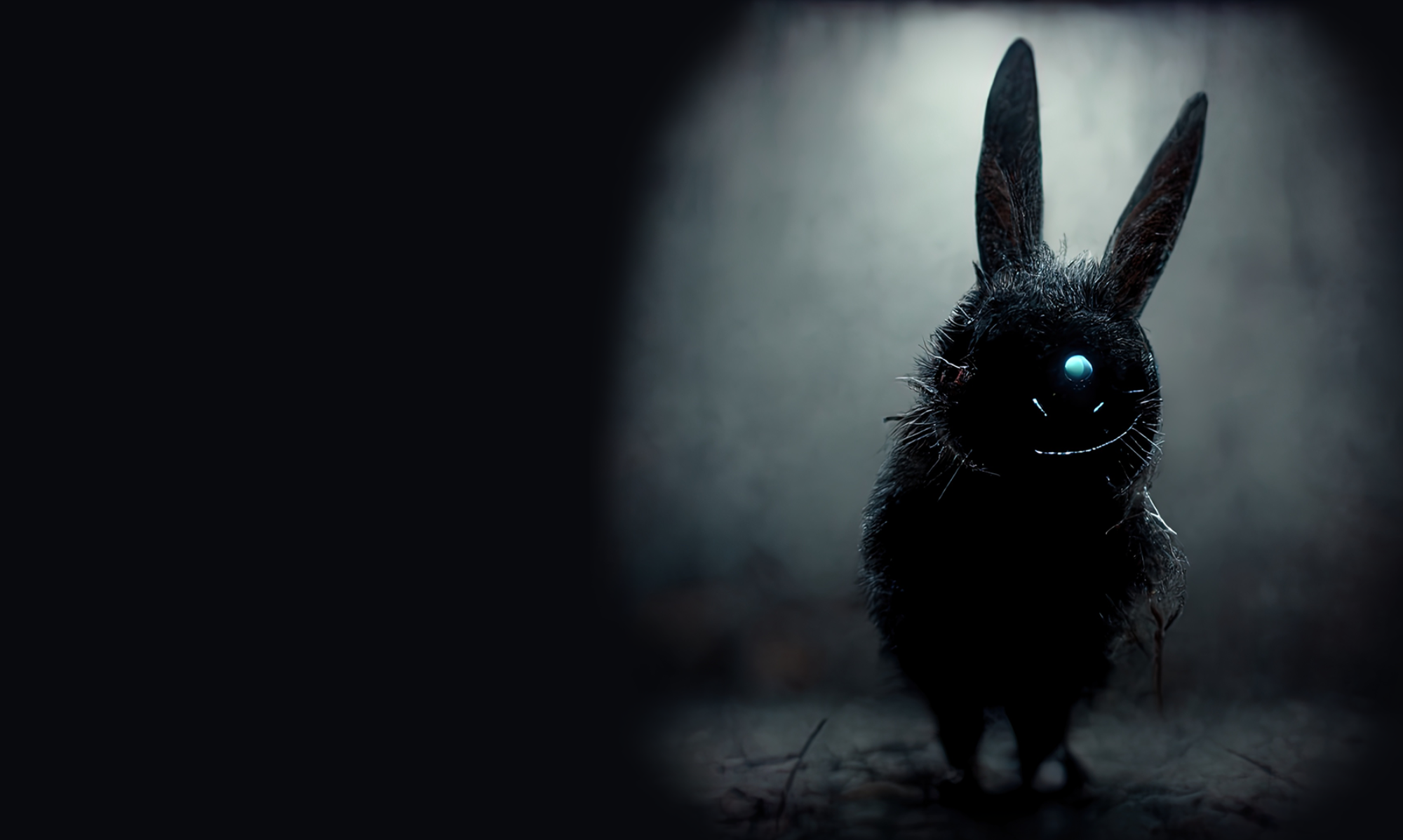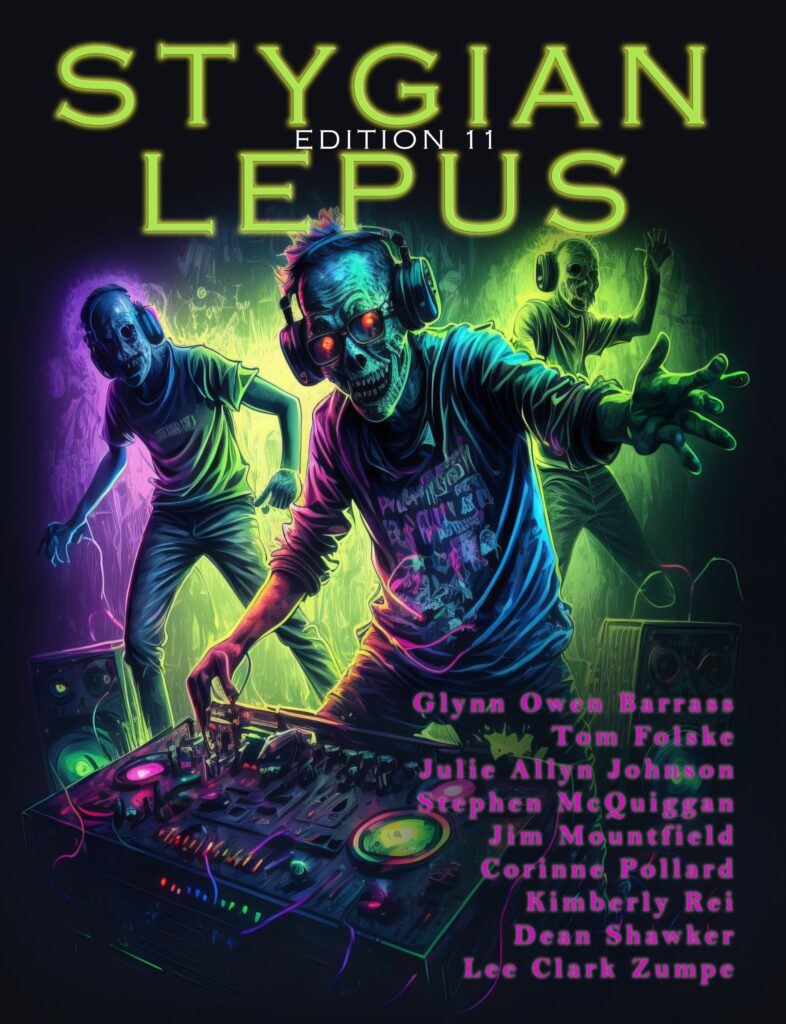Beyond These Walls by Tom Folske
Carnivorous by Julie Allyn Johnson
Death of the Sea by Corinne Pollard
Eating the Elephant: To the Moon, Author! by Kimberly Rei & Dean Shawker
Midnight of the Unnatural by Stephen McQuiggan
The Followers by Jim Mountfield
Thievery by Lee Clark Zumpe
Word-Shopping, Part I by Julie Allyn Johnson
Yours Truly, Spring-heeled Jack – Part One of Two by Glynn Owen Barrass


